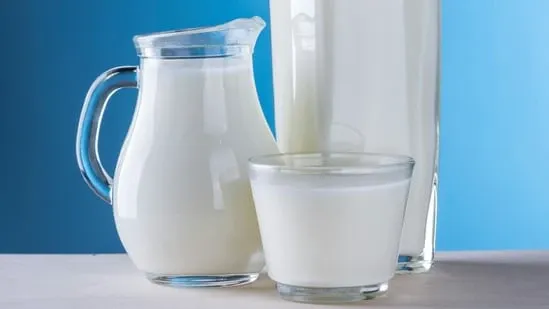In an interview with HT lifestyle, Dr. Aakil Khan, consultant urologist, KIMS Hospitals, Thane said, "Milk doesn't form kidney stones; inadequate hydration and too much salt are the actual offenders. Don't blame milk, blame the lack of water in your day."
Urologist reveals 4 types of kidney stones, biggest risk factors and gives prevention tips
Can milk cause kidney stones?
"The majority of kidney stones in India are calcium oxalate stones. But that doesn't put food calcium in the frame. In fact, calcium in milk binds with oxalate in the gut and prevents it from being absorbed into the bloodstream. This actually reduces the risk of stones," said the urologist.
What triggers kidney stones?
"The actual causes are dehydration, overconsumption of salt, and excessive intake of foods containing oxalate such as spinach, beetroot, and nuts. Low fluid intake results in concentrated urine, making crystals more likely to be formed. Salt, however, enhances calcium loss in urine," Dr Aakil Khan added.
 What to do to reduce kidney stone risk?
What to do to reduce kidney stone risk?
- Moderation is the answer: For a healthy person, two glasses of milk or the equivalent of dairy in a day is safe and rewarding. Eliminating milk out of paranoia can rob you of necessary calcium, which your bones require. Only patients with unique metabolic conditions might require special restrictions, with medical advice.
- Hydration is your best friend: The best thing to do to prevent kidney stones is to have enough fluid. Drinking at least 2.5 to 3 liters of water every day keeps urine thin and washes out extra minerals before they have a chance to form crystals.
- Who should be careful: Individuals with recurrent stones, underlying kidney disease, or those told by their physician following certain urine tests might require tailored diet alterations. For all others, milk is still a healthy component of a well-balanced diet.

 What to do to reduce kidney stone risk?
What to do to reduce kidney stone risk?